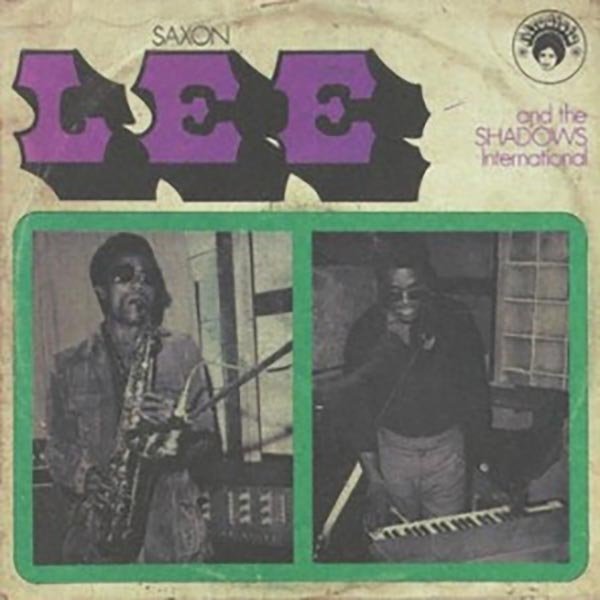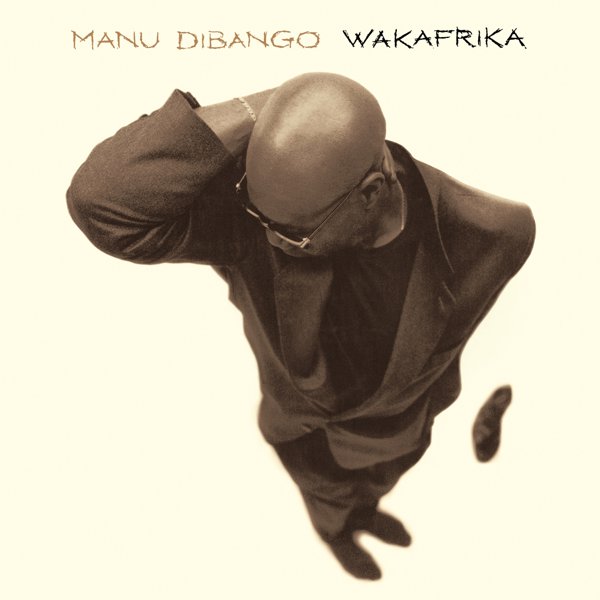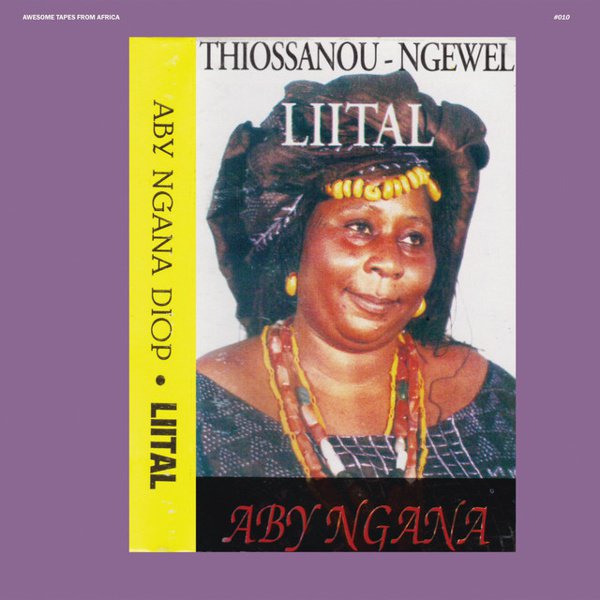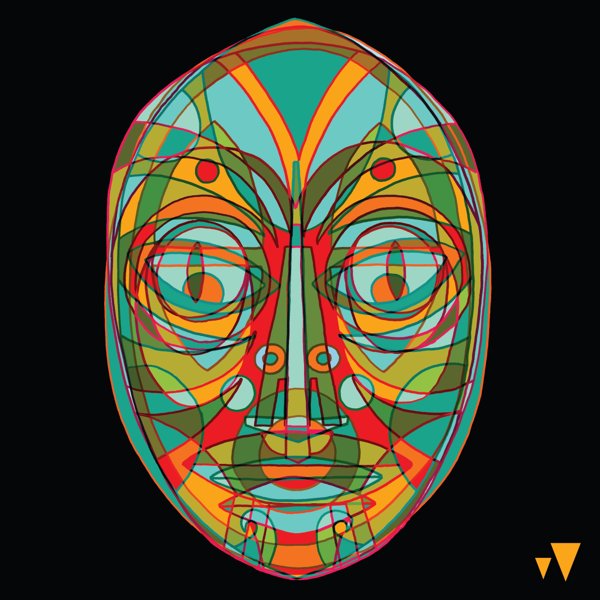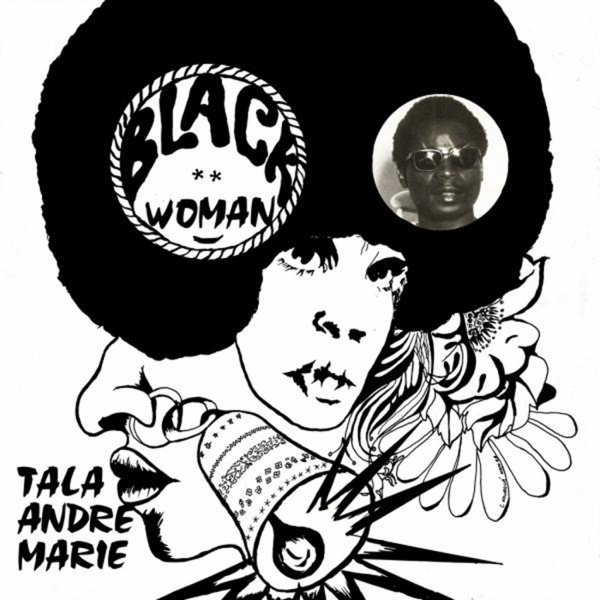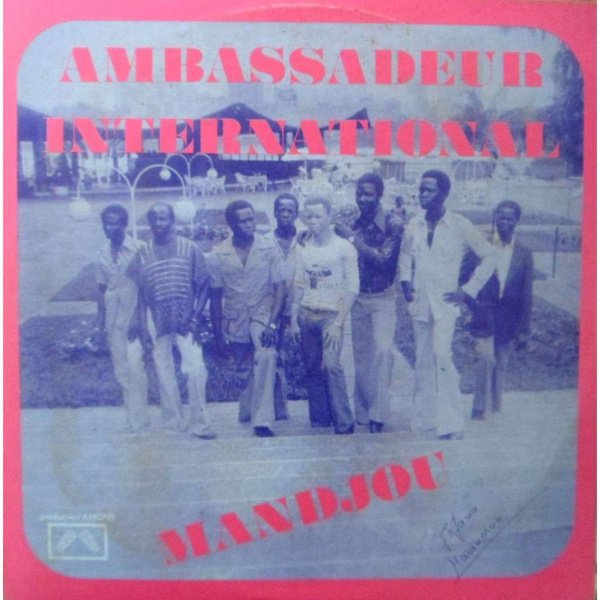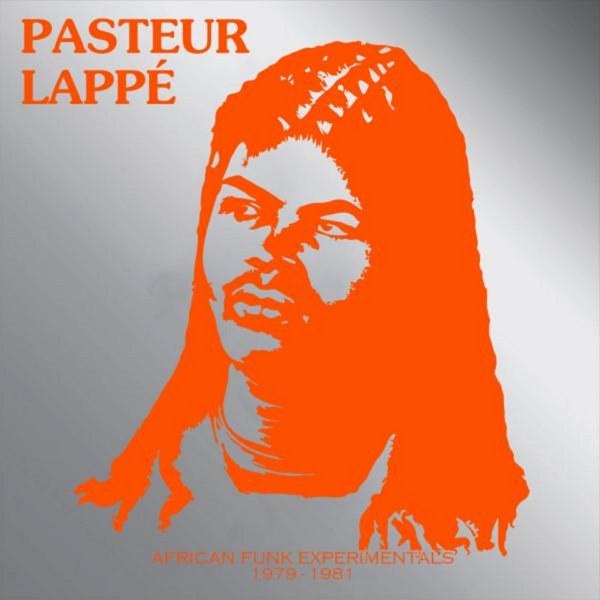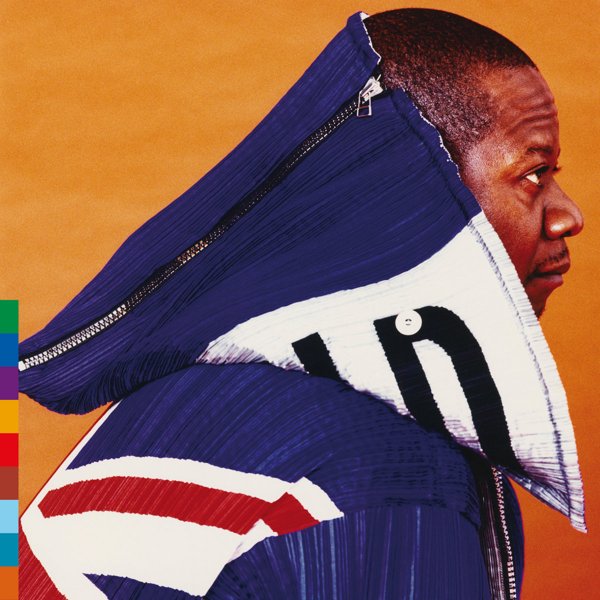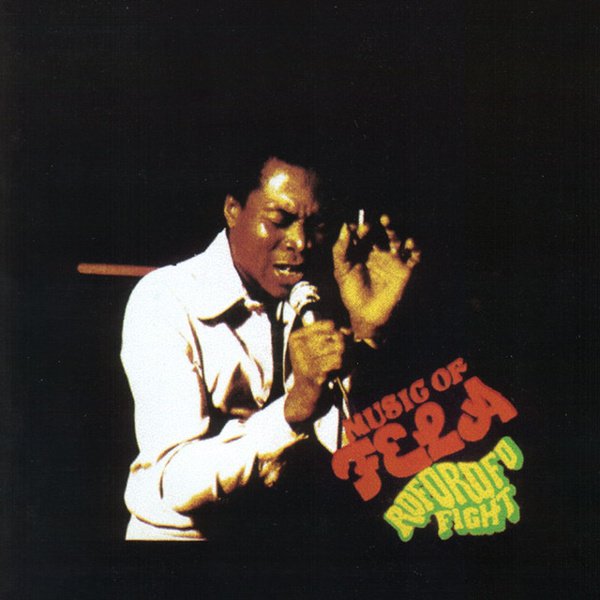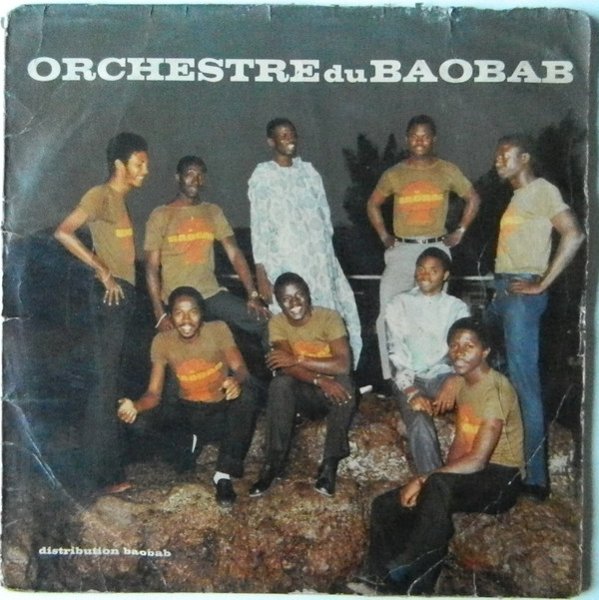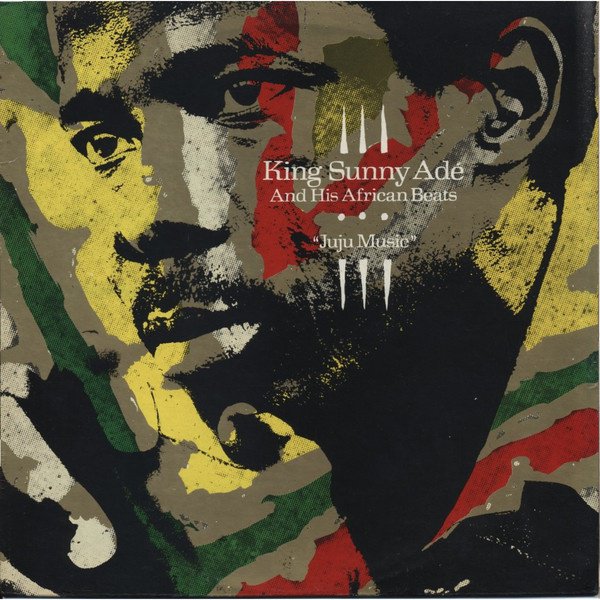
Recommended by
Juju Music
With over twenty albums of ebullient juju music released during the 1970s, Nigerian guitar god and bandleader King Sunny Ade wore the crown with pride. Chris Blackwell was already smitten with Ade and knew the nonstop groove of juju would resonate around the world. Juju Music introduced King Sunny Ade to the west with aplomb. Critics and audiences alike were wowed by the beatific music of Ade, which at times resembled a mighty river: shimmering in iridescence on the surface, but also fathoms deep at its low end. Ade’s guitar twined with a phalanx of talking drums and pedal steel to create something sumptuous, glorious, and totally mesmerizing. The album codified not just Afro-pop in the new decade, but what would soon be categorized in record stores as “world music.” Yet Juju Music still warms like a shaft of sunlight.
It takes some nerve (and some confidence) to name an album after the genre you operate in, but this is a superstar we’re talking about here. King Sunny Adé’s mainstream international breakthrough kicked off a next-big-thing frenzy for “world music,” but this sinks in deeper than trendspotters‘ superficial Marley comparisons: his voice is gentler, the beats are livelier, and it’s the shatterproof-crystalline brightness of his guitar that communicates most directly.
This album is the first time most people outside of Nigeria would hear of King Sunny Ade, or hear the driving Yoruba percussion, interlocking guitars, and harmonized vocals of jùjú for that matter. But when Juju Music was released in 1982 Ade had already been making music since the mid ‘60s and had his own label, a large popular following, and the support of Nigeria’s oil-rich elites. Island Records hoped Ade would become their next “World Music” star following the death of Bob Marley, and invested heavily in the album as well as the 1982-83 tour that has since become the stuff of legends (Afropop‘s Sean Barlow credits a performance by Ade and his 15-piece African Beats band for opening his eyes “not only to jùjú but also to the vast and largely unknown Afropop styles across the continent”). To appeal to a wider, global audience, Island Records execs worked with Ade to slightly change his style and sound, cutting down the eighteen minute plus songs typical of jùjú to 3 or 4 minutes and heightening the production, making it tighter and more layered. But Ade’s spirit still shines through: “Ja Funmi” is lush and bright, enveloping you with its easy groove and taking you along for a mellow ride. “Sunny Ti De Ariya” picks up the pace with its vigorous talking drum work out, chanting, and synth interjections. There isn’t a dull moment on the album, and it’s no wonder it is considered a key record not only in King Sunny Ade’s career, but also for its role in opening the world’s ears to African music as a whole.

